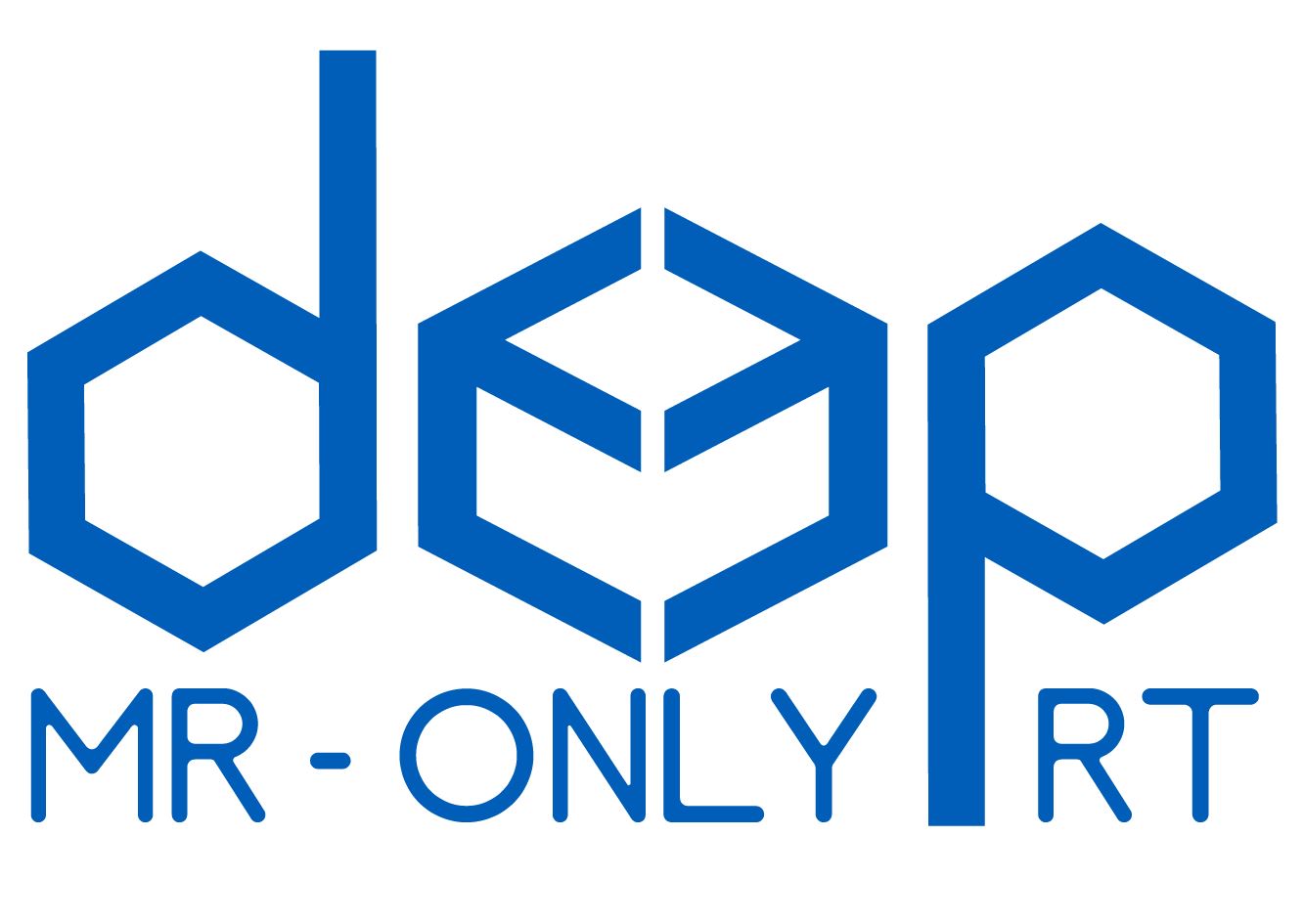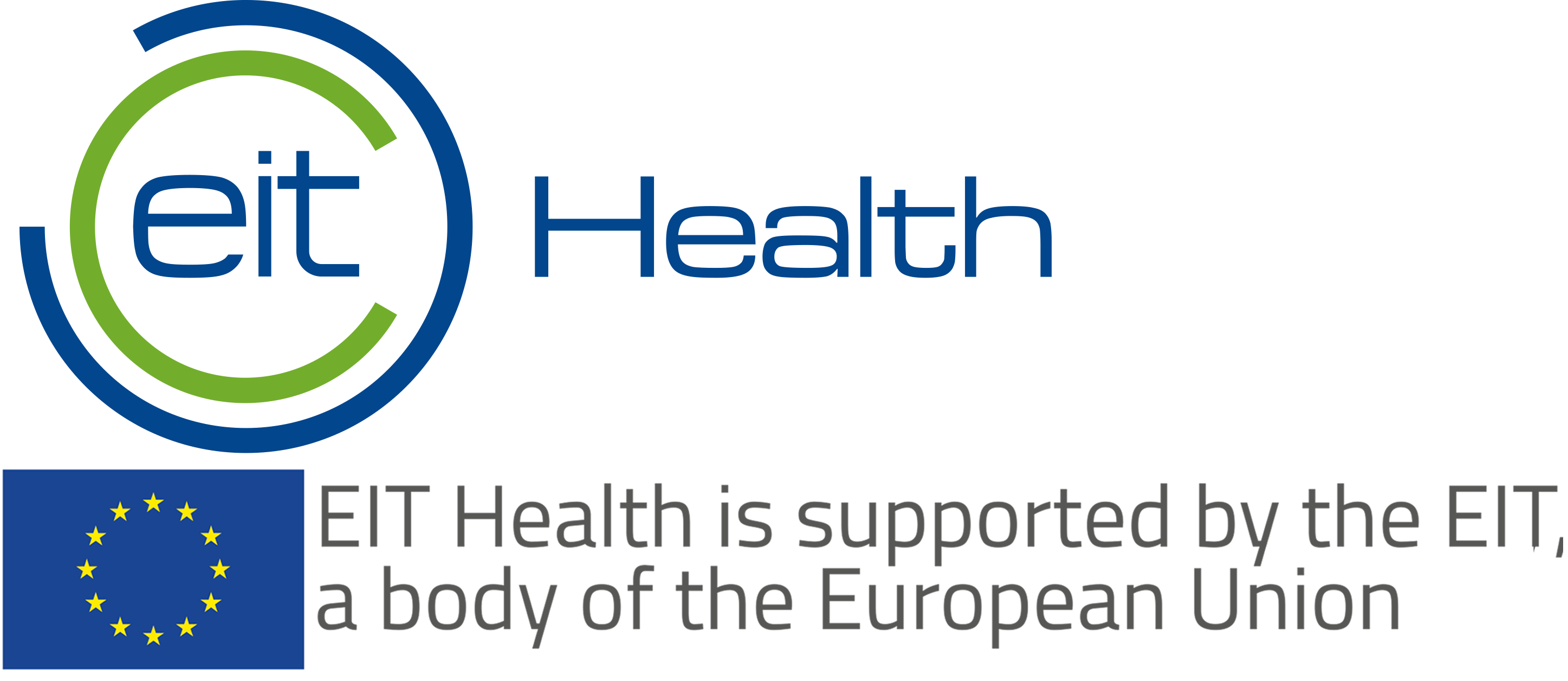(DEEP MR-only RT) Deep-Learning MR-only Radiation Therapy

Project summary
This project provides a solution to improve imaging for radiation therapy, making it possible to optimise treatment for each individual patient. Radiation therapy requires 3D medical images that detect borders of the tumour and organs – to guide the use of radiation so that it primarily kills cancer cells. Current imaging is based on a complicated workflow requiring multiple scans with magnetic resonance imaging (MRI) and computer tomography (CT). The process is expensive, inconvenient for patients and prone to positioning and registration errors, and CT scans expose patients to radiation.
The Deep MR-only RT project aims to develop a smooth MRI-only imaging workflow. Comprehensive multi-parametric MRI in combination with novel RF coil concepts maximises scan efficiency and image utilisation, as required for accurate therapy planning. Deep Learning will automate and improve tumor target delineation and identification of organs at risk, eliminate potential errors, reduce overall recurrence rates and decrease unpleasant side effects. Together, these technologies provide all the imaging information needed to plan accurate and reproducible plans for radiation therapy with a single MRI examination.
The partners have already invested more than €8 million for activities related to this project. With the additional €2.6 million funding from EIT Health and co-funding of €342 000 from partners, results are anticipated in three years’ time.
Impact
Deep MR-only RT will provide a comprehensive one-stop solution with improved clinical outcome at reduced cost.
Benefits for patients include: shorter and quieter MR scanning, which improve patient comfort, and the ability to avoid the radiation of CT scans.
Benefits for doctors are elimination of CT scans, which prevents alignment errors due to repeated patient set-ups and nonrigid body motion and may also improve long-term patient survival for young and pediatric patients.
More detailed information
Principal Investigator:
Dr. ir. Steven Petit
Role Erasmus MC:
Partner
Department:
Project website:
Funding Agency:
EIT Health



